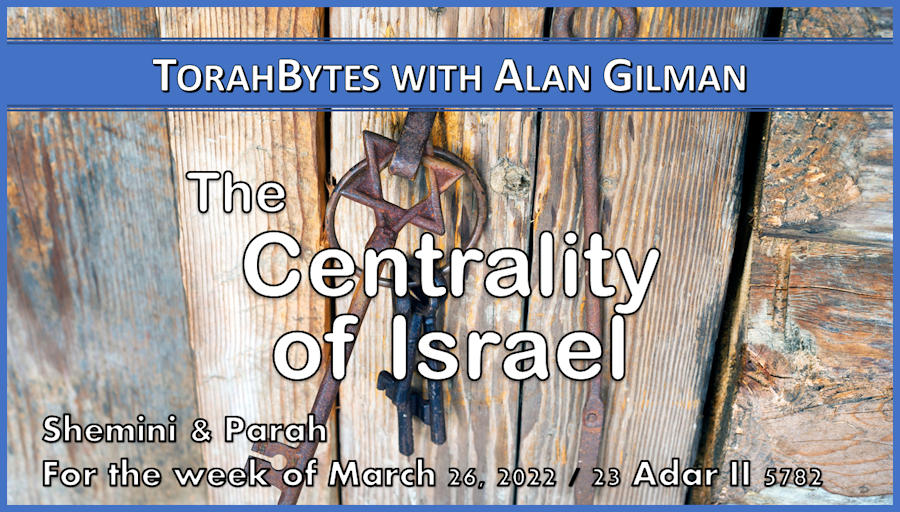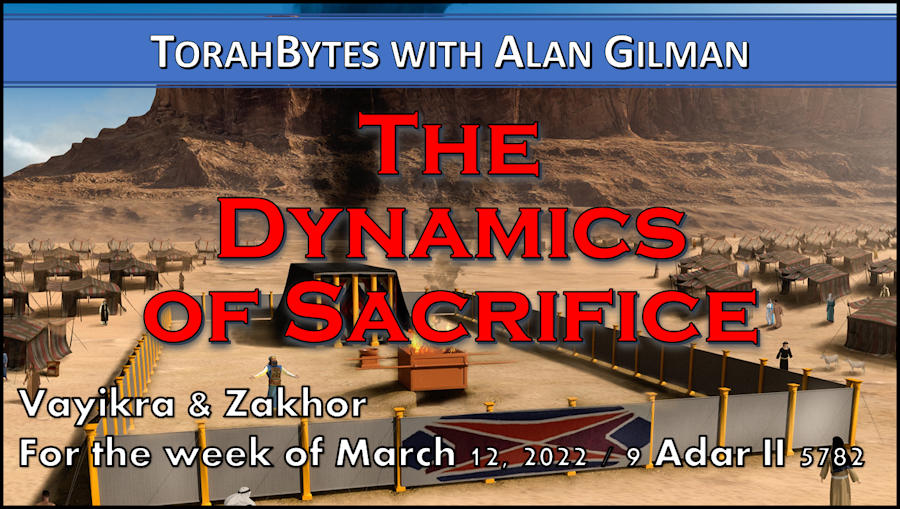For the week of April 2, 2022 / 1 Nisan 5782

Tazria & Rosh Hodesh
Torah: Vayikra/Leviticus 12:1 – 13:59; B’midbar/Numbers 28:9-15; Shemot/Exodus 12:1-20
Haftarah: Ezekiel 45:16-46; Isaiah 66:1 & 24
Originally posted the week of April 2, 2011 / 27 Adar 2 5771
Download Audio [Right click link to download]
And when the days of her purifying are completed, whether for a son or for a daughter, she shall bring to the priest at the entrance of the tent of meeting a lamb a year old for a burnt offering, and a pigeon or a turtledove for a sin offering, and he shall offer it before the LORD and make atonement for her. Then she shall be clean from the flow of her blood. This is the law for her who bears a child, either male or female. (Vayikra/Leviticus 12:6-7)
The Torah does far more than provide lists of rules and regulations. Through the study of Torah, we are drawn into seeing life from God’s perspective. A fancy, popular term for this is “worldview.” Most of us are not aware that we live our lives based on a worldview, but how we see the world controls the way we live. A worldview is something far more caught than taught in that, for the most part, how we see the world is unconsciously derived from our families of origin and the unstated values of the cultures in which we live.
The Torah is an expression of God’s worldview. The explicit statements we encounter in the Torah arise from how God sees life. God’s view of reality, which I accept to be the only true reality, is not always explained, but rather assumed. The reason for something is not usually given. After all God has no need to explain himself; he is the Creator and Master of the Universe. When he provides a directive, it is based on his correct understanding of life. But as we look closely at what he tells us, we can pick up on his perspective. As we do so, our understanding of life becomes enriched, which in turn puts his directives in their context, enabling us to fulfill them as God intended.
Before we look at a particular example, I want to point out that the context in which to best understand God’s directives is that we live in the messianic age. Unlike the original recipients of the Torah who anticipated Messiah’s coming, we live out God’s directives in these days of messianic fulfillment. Yeshua’s coming and the destruction of the Temple revolutionized how God’s people conduct their lives. Yet the radical differences between the Old and New Covenants should not distract us from God’s perspective on life which we encounter all through his sacred writings.
Now to our example of how the Torah provides us with God’s worldview. This week’s Torah portion begins with a section regarding the purification regulations of childbirth. This is then followed by a lengthy section on infectious skin conditions. There are similarities and dissimilarities between these two sections. What these two conditions have in common is that special attention was to be given to their conditions and certain rituals were to be observed when the conditions were resolved. The state of being unclean in each case placed the person in a special relationship to the things of God and in the community. This was designed to protect the community and the individual during their time of ritual uncleanness. However, the port-partum mother did not pose a risk to the community in the way those who contracted an infectious skin disease did. If it was determined that a person truly had an infectious skin condition, they were to be placed in isolation. There was no such requirement for the specified time period following childbirth. While both the post-partum mother and the person with the skin condition were to be regarded as “unclean”, whatever else unclean meant, childbirth is not a disease.
That childbirth is not a disease is, of course, rooted in God’s overall perspective on children, which is that they are a blessing and a reward (See Bereshit/Genesis 1:28, D’varim/Deuteronomy 7:4, Tehillim/Psalms 127:3, Matthew 19:14). Yet even though many cultures correctly understand the differences between these two conditions, and no one would outright say that giving birth is a disease, the amount of time and effort put in by so many people trying to prevent themselves from having children may expose a worldview very different from that of the God of the Torah.
Scriptures taken from the English Standard Version



